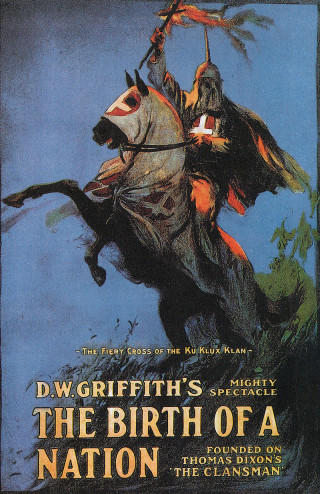Mark Twain hated Sir Walter Scott. He blamed Scott for the Civil War, accusing him of infecting the South with the “Sir Walter disease,” brought on by the “sham grandeurs, sham gauds, and sham chivalries of a brainless and worthless long-vanished society.” Before the war and beyond the South’s defeat into the heyday of the Lost Cause, Twain despised the way white southerners clung to a spurious version of their own history, refusing to acknowledge that it was built on the vicious and inhumane system of slave labor. Twain diagnosed the South with a pathological dislike of progress that manifested itself in what he called “the jejune romanticism of an absurd past that is dead, and out of charity ought to be buried.” Perhaps thinking of the 750,000 who died on battlefields from Gettysburg to Vicksburg, in prisons and in hospitals, Twain accused Scott of “measureless harm; more real and lasting harm, perhaps, than any other individual that ever wrote.”
Twain rightly charged that Scott taught the southern upper classes to see themselves as feudal lords and ladies, a self-conception that surely contributed to unrealistic expectations of victory in a war with a larger, better-equipped enemy. But Scott was small beer compared to one of his American disciples: Thomas F. Dixon Jr., who did far more damage to the republic. Dixon was a famous preacher, lawyer, politician, filmmaker, and author whose novels sold like moonshine in a dry county. His postbellum melodramas of dispossessed white gentlefolk and predatory “beasts” warped the nation’s understanding of Reconstruction and exported southern race hysteria to the North and West. In portraying Black men as constantly inflamed with the desire to rape white women, Dixon played a significant role in poisoning the white South with fear and hatred. Southern legislatures capitalized on that fear and hatred, enacting laws to control Black Americans’ educational and economic possibilities, while elites enforced rules governing every interaction between the races, regulating every word and touch. Thanks in part to Dixon’s literary vigilantism, southern white men knew they could murder southern Black men with impunity: nearly five thousand were lynched from the 1880s to 1981.
